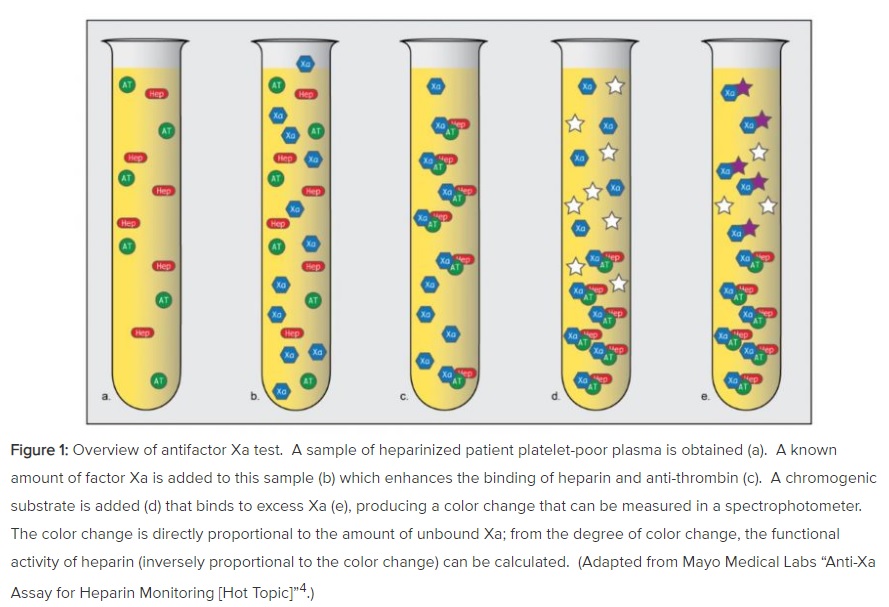There’s also the page: “The aPTT is supra-therapeutic but the HAL is therapeutic, which should we use?”
Let’s de-mystify this!
UFH is a negatively charged, heterogenous mix of oligosaccharides. Heparin MUST bind antithrombin (AT) to have an anticoagulant effect. AT then inhibits Xa, thrombin (II), and other proteases.
pubmed.ncbi.nlm.nih.gov/27384570/

How is HAL obtained?
tinyurl.com/yyrwbhk4

pubmed.ncbi.nlm.nih.gov/23386070
What is the verdict? Which is better?
1. When aPTT and HAL are concordant, go w/ HAL: fewer adjustments & quicker time to therapeutic range.
2. When aPTT is discordantly high vs. HAL, your pt may be at higher risk for major bleed. Work to reduce bleeding risk (titrate to aPTT or lower HAL).
1. aPTT provides a better global assessment of hemostasis but is finicky.
2. aPTT and HAL are frequently discordant in the hospitalized patient.
3. If aPTT is discordantly ⬆️ vs. HAL, pts are at higher risk for bleeding. Consider using aPTT or a lower HAL.


